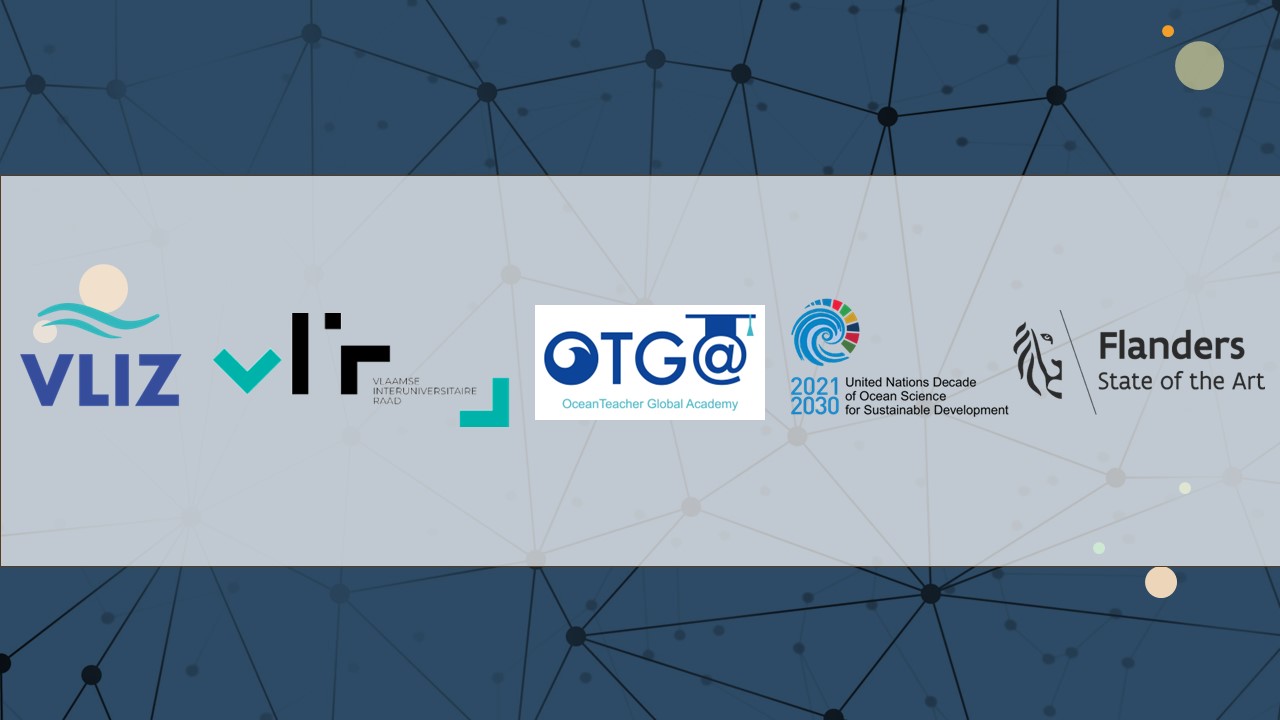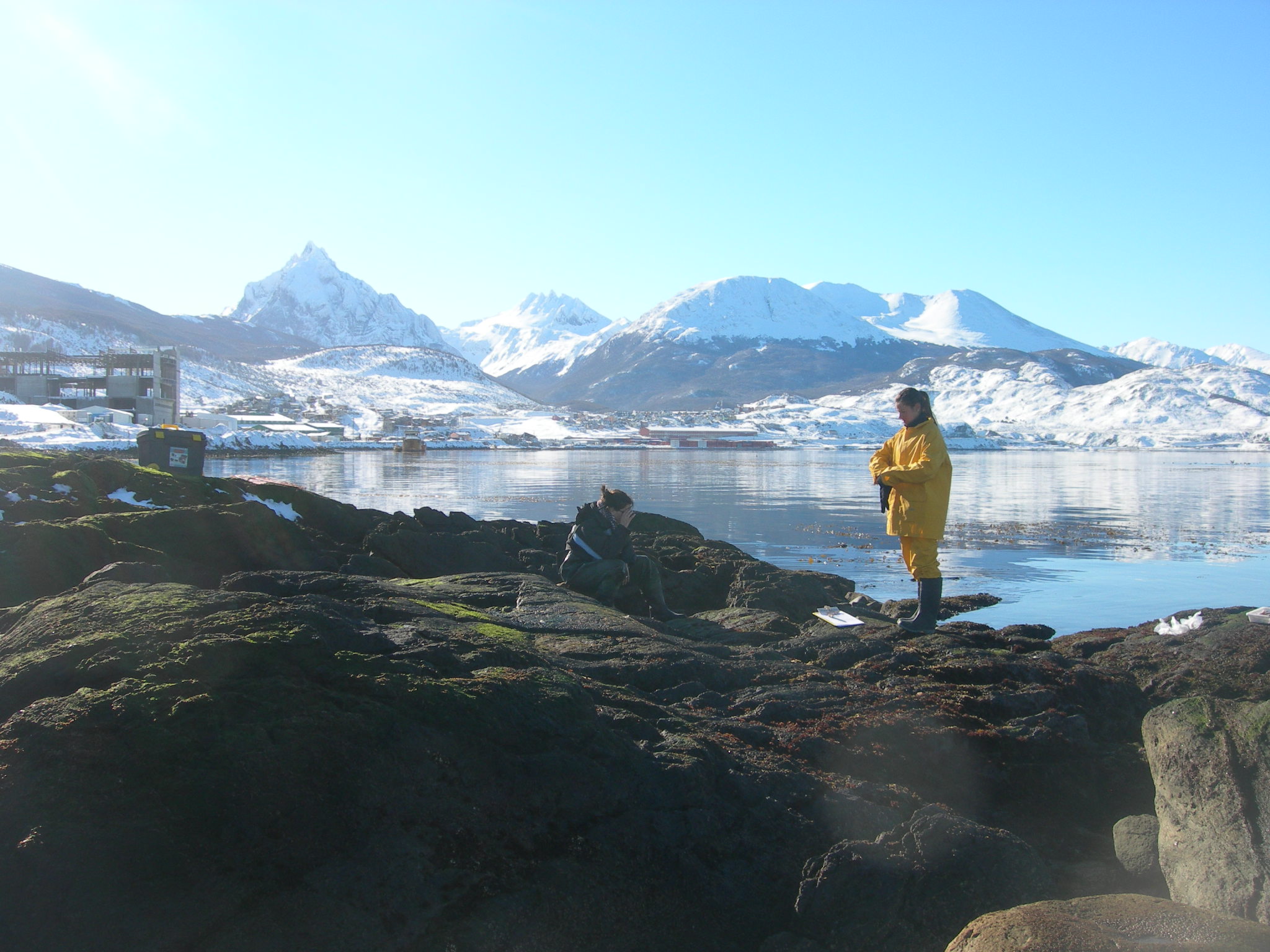subjectBiodiversity
Courses tagged with "subject::biodiversity"

AMP2024ES
Datos e información para el manejo de Áreas Marinas Protegidas 2024
El curso desarrolla el contexto de las AMP a nivel global, su importancia, su situación para América Latina en el marco de las Metas de Aichi, CDB, Marco de Biodiversidad Post-2020, Objetivos de Desarrollo Sostenible 13 y 14, y el Decenio Oceánico de las Naciones Unidas. Abarca temáticas sobre biodiversidad (representatividad, conectividad), planificación, manejo, gobernanza, monitoreo, sostenibilidad financiera, efectividad de manejo, cambio climático y desarrollo de actividades sostenibles en AMP. Bajo este contexto, busca se aborda el uso de datos para el diseño y creación de AMP, el monitoreo, y la aplicación de indicadores para medir su gestión; además de la aplicación de nuevas tecnologías para colección y procesamiento de datos.
En el desarrollo del curso, se busca propiciar espacios de retroalimentación con los estudiantes de acuerdo a sus experiencias y capacitación adquirida en temas de conservación y manejo, para promover el uso de información y el desarrollo de metodologías que orienten el manejo efectivo de las AMP en la Región.
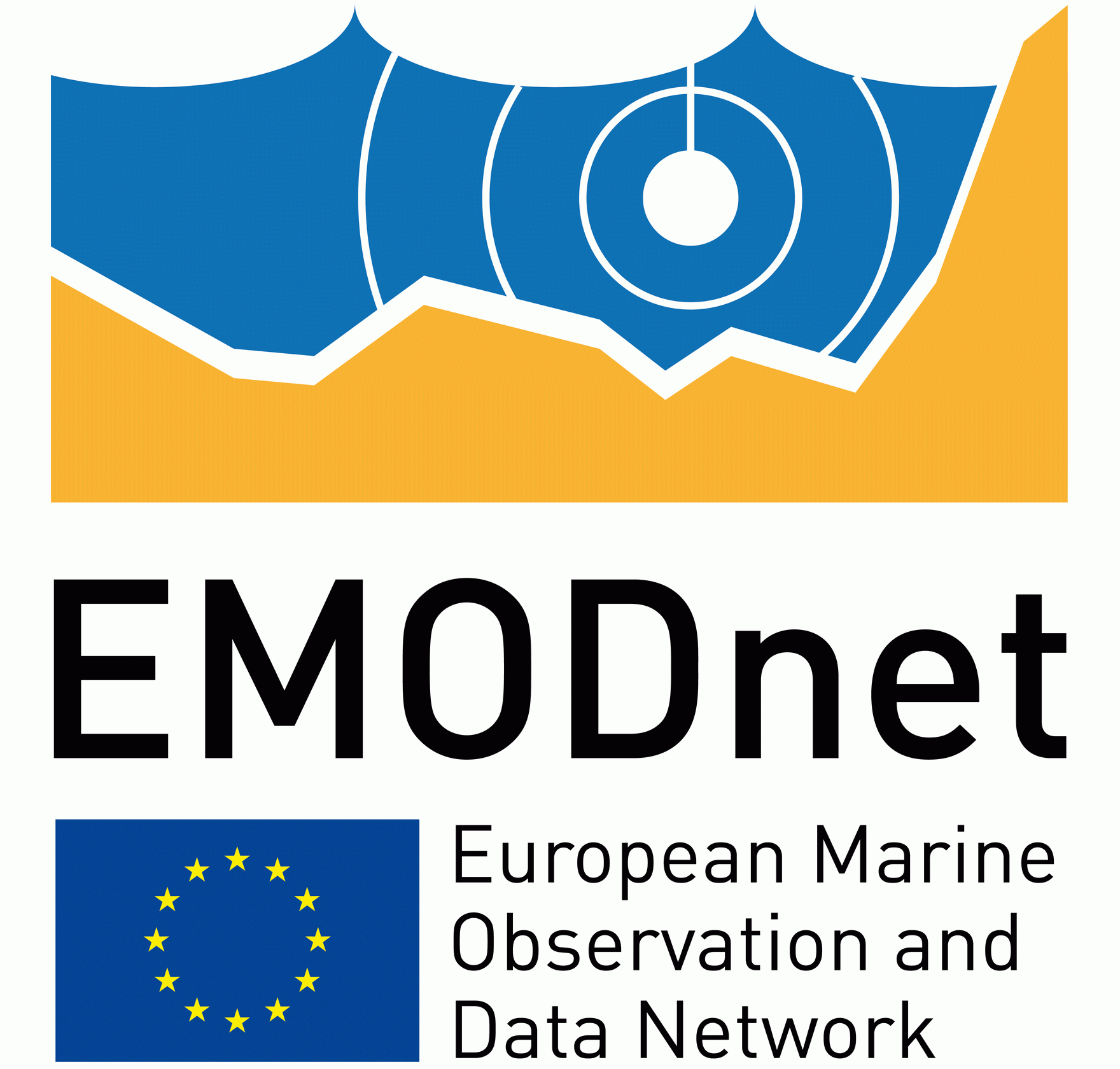
SP_EMODnetBiology
Contributing datasets to EMODnet Biology
Learning goals
- Gain understanding of the EMODnet Biology project and how it interlinks with other European and international initiatives in the field of biodiversity knowledge.
- Recognize the importance of sharing biological data, taking into account the FAIR principles.
- Develop skills to correctly format biological data to EMODnet Biology and EurOBIS formats.
- Gain knowledge on the required quality control steps and on the importance of interoperability.
Target audience
Anyone interested in marine biodiversity data.
This is a self-taught course that includes quizzes designed to help learners assess their own learning at regular intervals.
How to enroll
Please register on the OceanExpert website (www.oceanexpert.org). Once your OceanExpert account is approved (this is not done immediately), you can self-enroll in the course. If you already have an OceanExpert account, you can self-enroll in the course using your OceanExpert username and password.
First log in OceanTeacher, then access the course page and click on self-enrollment.
The enrolment key is EMODNETBio**2023
For any questions please contact the OTGA Secretariat (ioc.training@unesco.org) or the EMODnet biology secretariat bio@emodnet.eu" target="_blank" rel="noopener">(bio@emodnet.eu) always using the name of the course as email subject.
There are no tuition fees.
UNESCO is committed to promoting equal access principles. Applications from minority or underrepresented groups are strongly encouraged.
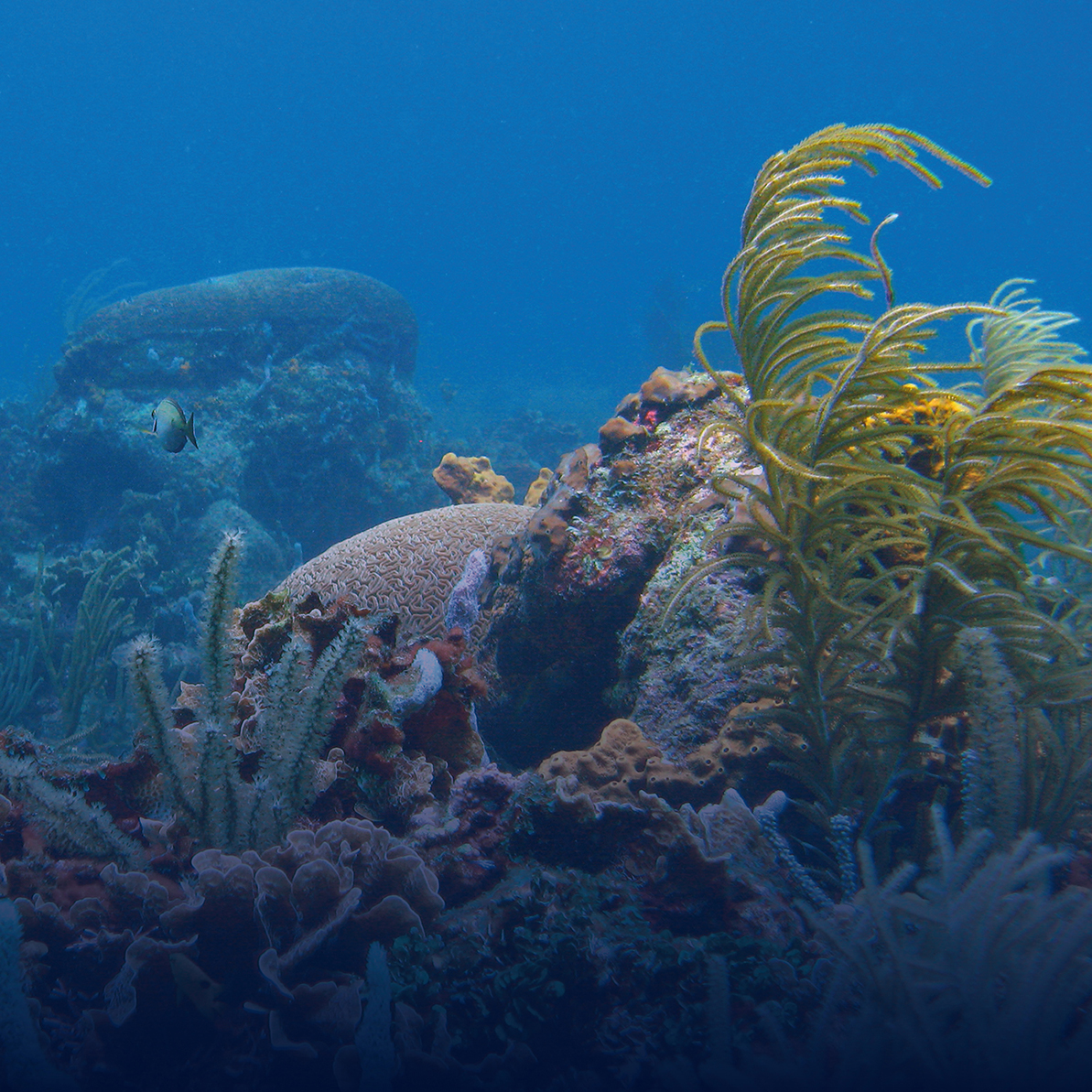
AMP2023ES
Áreas Marinas Protegidas 2023
El curso brinda un contexto sobre las Áreas Marinas Protegidas - AMP a
nivel global, su importancia, su situación para Latinoamérica y frente a
amenazas como el cambio climático, en el marco del CDB, Marco de
Biodiversidad Post 2020, los objetivos de Desarrollo Sostenible 13 y 14 y
el Decenio de las ciencias oceánicas. Abarca los temas de bases
conceptuales sobre áreas marinas protegidas, planeación, manejo,
gobernanza, monitoreo y desarrollo de estrategias para el desarrollo de
actividades sostenibles al interior de las AMP, adaptación al cambio
climático, entre otros. Busca también una retroalimentación por parte de
todos los estudiantes de acuerdo con sus experiencias y entrenamiento
adquirido en temas de conservación y manejo, para promover el desarrollo
de metodologías que orienten hacia el manejo efectivo de las AMP.
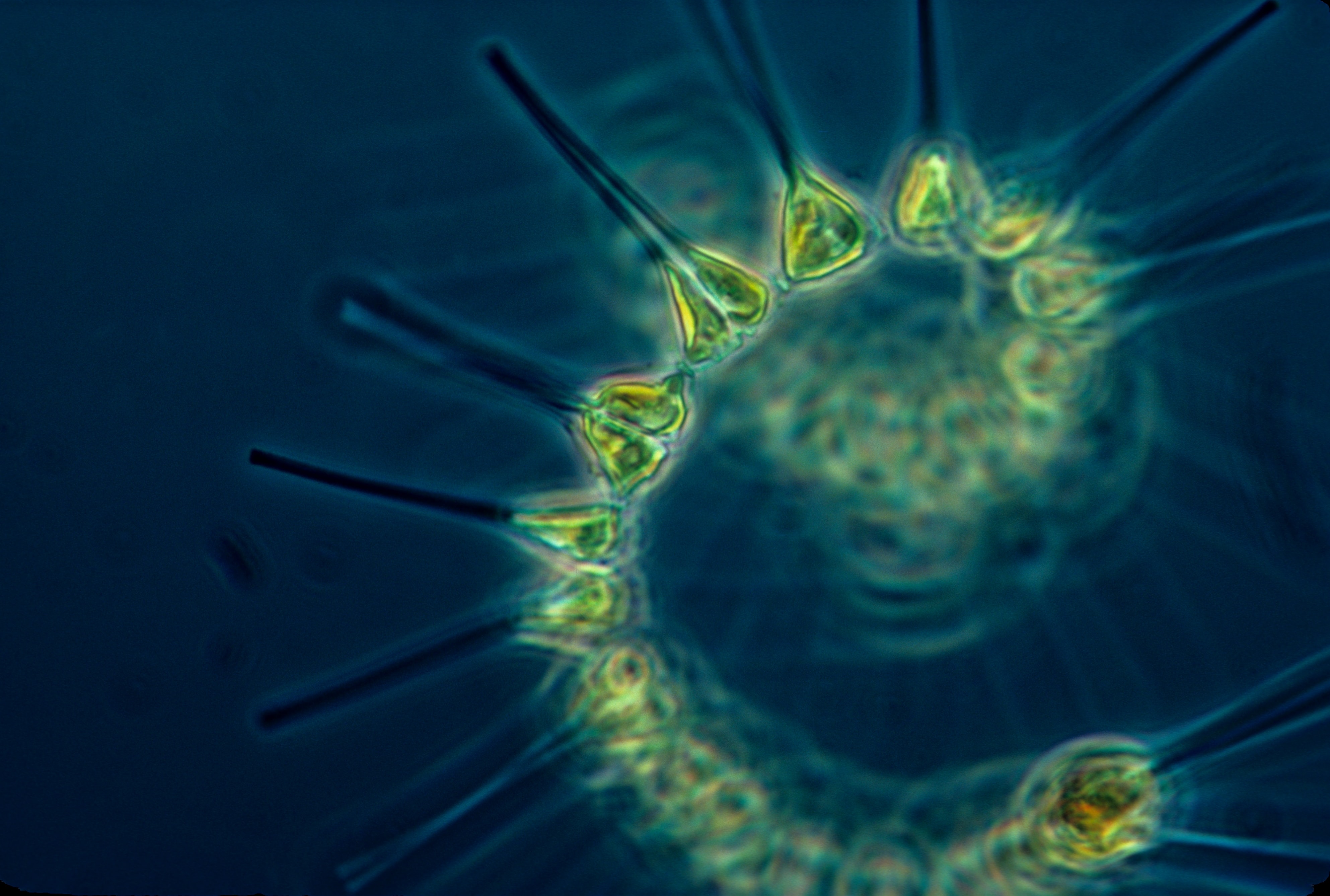
MicTechPhyto_2023
Culturing and microscopy techniques for the analysis of phytoplankton diversity 2023
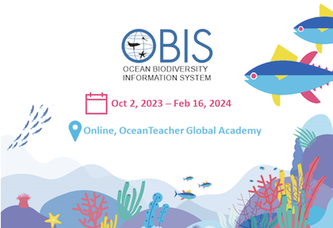
OBIS2023EN
Contributing and publishing datasets to OBIS (self-paced)
This training course is self-guided and designed to teach learners how to structure datasets to contribute to OBIS. The course will guide users step-by-step through the OBIS data life cycle, including: identifying an appropriate data structure, applying Darwin Core Archive formatting, conducting quality control steps, publishing data, and accessing data from OBIS. Watch the video below for a brief overview and introduction by the course instructor, Elizabeth Lawrence.
Learning goals
- Understand Darwin Core (DwC) standards
- Format datasets following DwC standards
- Publish datasets to OBIS using an IPT
- Access data that has been published to OBIS
Target audience
Anyone with marine biodiversity data interested in publishing data to OBIS, OBIS nodes, or those who need to review specific steps in the data publication process.
Learner assessment
This is a self-taught course that includes quizzes and exercises designed to help learners assess their own learning at regular intervals. In order to successfully complete the course and award a Certificate at the end, the following is mandatory:
- complete all lessons in each Module of the course;
- complete all quizzes (80% minimum score for each quiz, unlimited attempts for each quiz, 30-minute time limit for each attempt);
- submit the exercises and receive a minimum grade of 80%
Note: filling in the course feedback survey is mandatory to obtain the course certificate.
Pre-requisites:
- a working knowledge of English
- background knowledge in biological and marine sciences
- basic computer skills (either Windows or Mac systems)
- the ability to be self-directed in learning new technology skills (e.g. following a step-by-step tutorial, online video help, or access to support to learn necessary skills)
Technology requirements
To complete this course, participants should have access to:
- Latest version of either Chrome, Edge, Firefox, or Safari web browsers
- Access to internet
Course duration and format
The course will be delivered online between 2nd October 2023 and 29 February 2023, and may be reopened in 2025. The estimated time to complete the self-paced course is 30-40 hours.
To enrol, please register on the OceanExpert website (www.oceanexpert.org).
Once your OceanExpert account is Approved, you can self-enrol in the
course. If you already have an OceanExpert account, you can self-enrol
in the course using your OceanExpert user name and password.
The enrolment key is OBIS*MASTERCLASS
The course is available until 29 February 2024. Once enrolled, the course remains accessible after this date. OBIS nodes needing to complete training should contact helpdesk@obis.org.
Any specific questions about this course please contact: the OBIS secretariat (helpdesk@obis.org) always using the name of the course as email subject.
This training course has been developed with financial support from NORAD and LifeWatch ERIC.

SP_PacMAN eDNA 2023
PacMAN eDNA: Marine Invasive Species Early Detection: Utilising Molecular Tools_2023 (self-paced)
This training course will provide and introduction to sample collection and sorting, including taxonomy and processing for DNA extraction, eDNA and qPCR analyses, as well as a quick guide on the use of the bioinformatics for sequence analysis to in-country (Fiji) managers and technical staff.

AMP2022ES
Áreas Marinas Protegidas 2022
El curso brinda un contexto sobre las Áreas Marinas Protegidas - AMP a
nivel global, su importancia, su situación para Latinoamérica y frente a
amenazas como el cambio climático, en el marco del CDB, Marco de
Biodiversidad Post 2020, los objetivos de Desarrollo Sostenible 13 y 14 y
el Decenio de las ciencias oceánicas. Abarca los temas de bases
conceptuales sobre áreas marinas protegidas, planeación, manejo,
gobernanza, monitoreo y desarrollo de estrategias para el desarrollo de
actividades sostenibles al interior de las AMP, adaptación al cambio
climático, entre otros. Busca también una retroalimentación por parte de
todos los estudiantes de acuerdo con sus experiencias y entrenamiento
adquirido en temas de conservación y manejo, para promover el desarrollo
de metodologías que orienten hacia el manejo efectivo de las AMP.
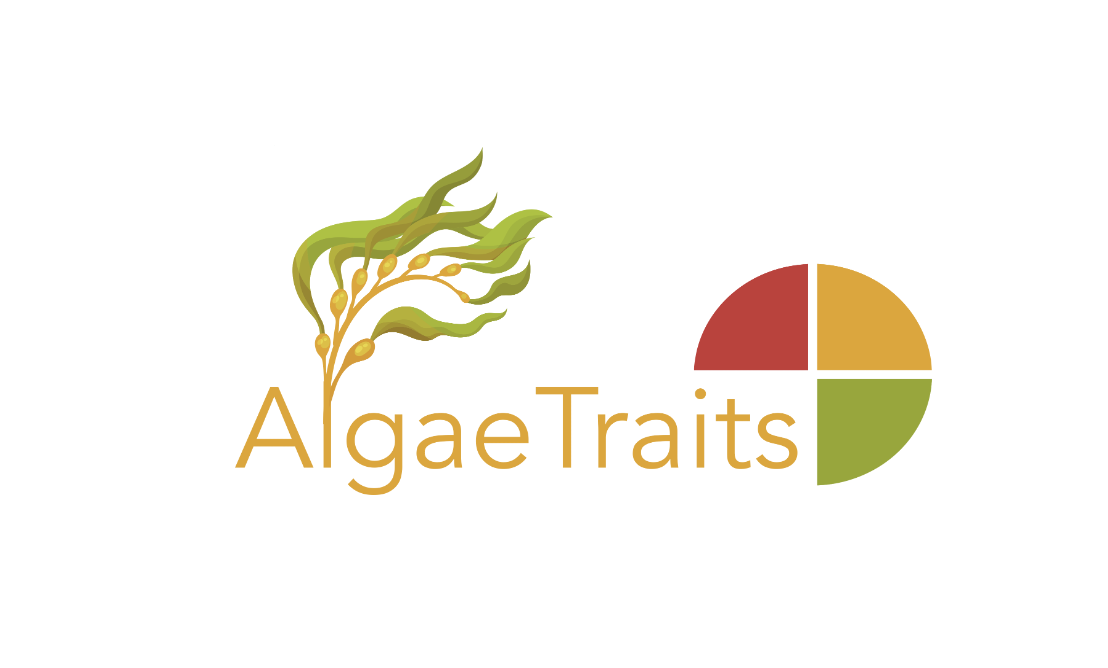
MAT_2022
AlgaeTraits: a trait database for (European) seaweeds
Through the online AlgaeTraits portal, editors have access to the Aphia platform (the database behind WoRMS) to add new traits and related non-taxonomic information, and to make changes to already existing records. With this course, the AlgaeTraits editors will become more at ease with the online AlgaeTraits editing interface and will learn how to use the available functionalities and tools to standardize their actions and improve the AlgaeTraits and WoRMS databases.

GGBN_2022
Data management and publication through the Global Genome Biodiversity Network (GGBN)
The training course provides an introduction to (genetic) data management and publication through the Global Genome Biodiversity Network (GGBN), as well as an introduction to the GGBN and the use of its data portal, the data standards and several case studies from Latin American institutions that have published data from different types of collections through the GGBN. The course purpose is to give the necessary foundations to professionals from Latin America to use the GGBN data infrastructure for publishing and giving visibility to the information they preserve.
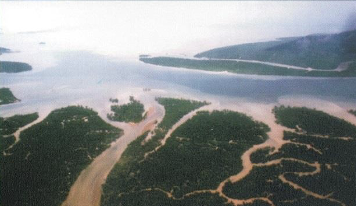
HAB_PI2022
Introduction to identification of Harmful Algal Bloom Species (Pacific Islands)
HAB course for the Pacific Islands
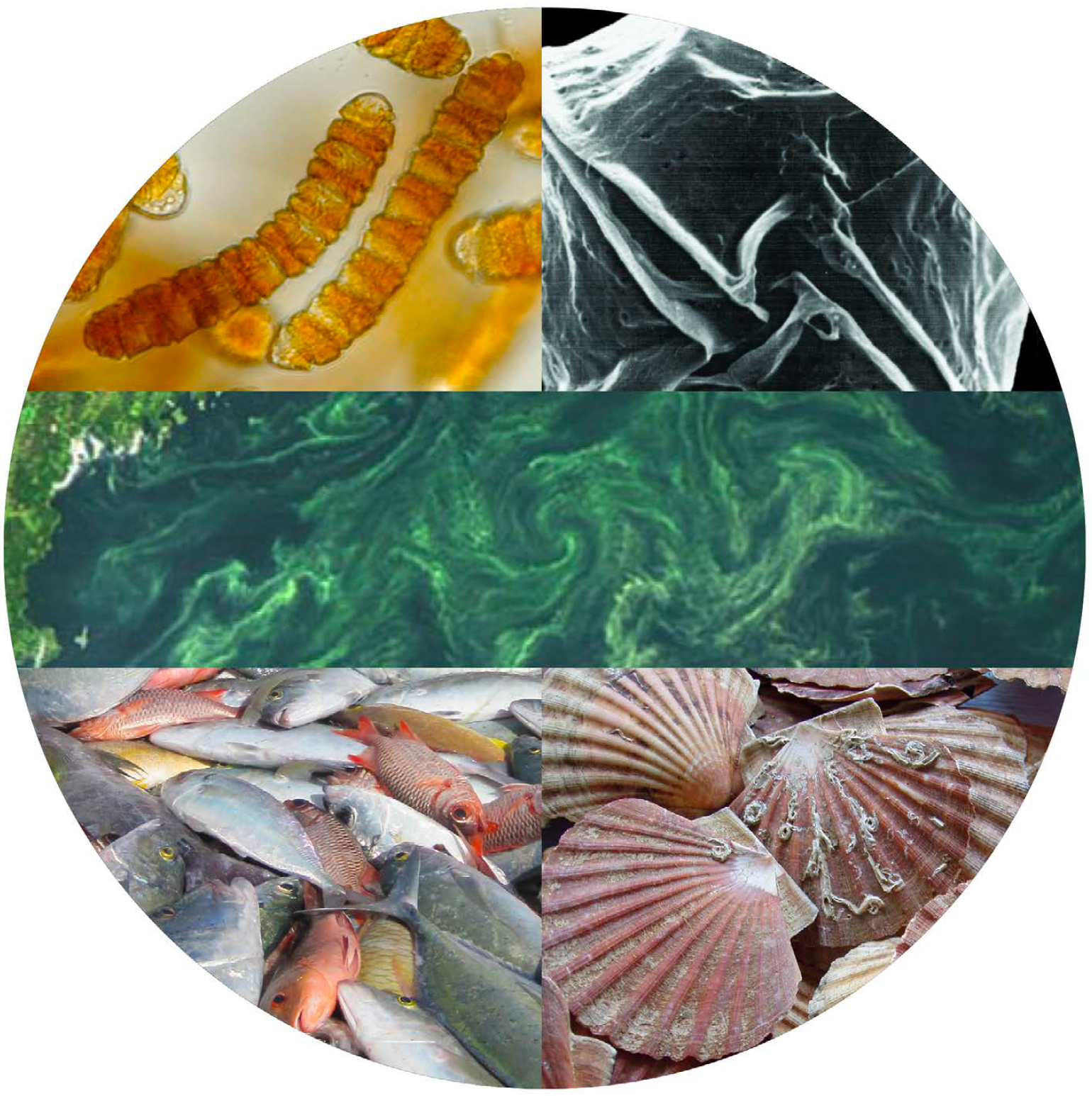
HAB_SA2022
Introduction to identification of Harmful Algal Bloom Species (Southern Africa)
HAB course for South Africa and Namibia

PacMAN eDNA 2022
Marine Invasive Species Early Detection: Utilising Molecular Tools
This training course will provide and introduction to sample collection and sorting, including taxonomy and processing for DNA extraction, eDNA and qPCR analyses, as well as a quick guide on the use of the bioinformatics for sequence analysis to in-country (Fiji) managers and technical staff.
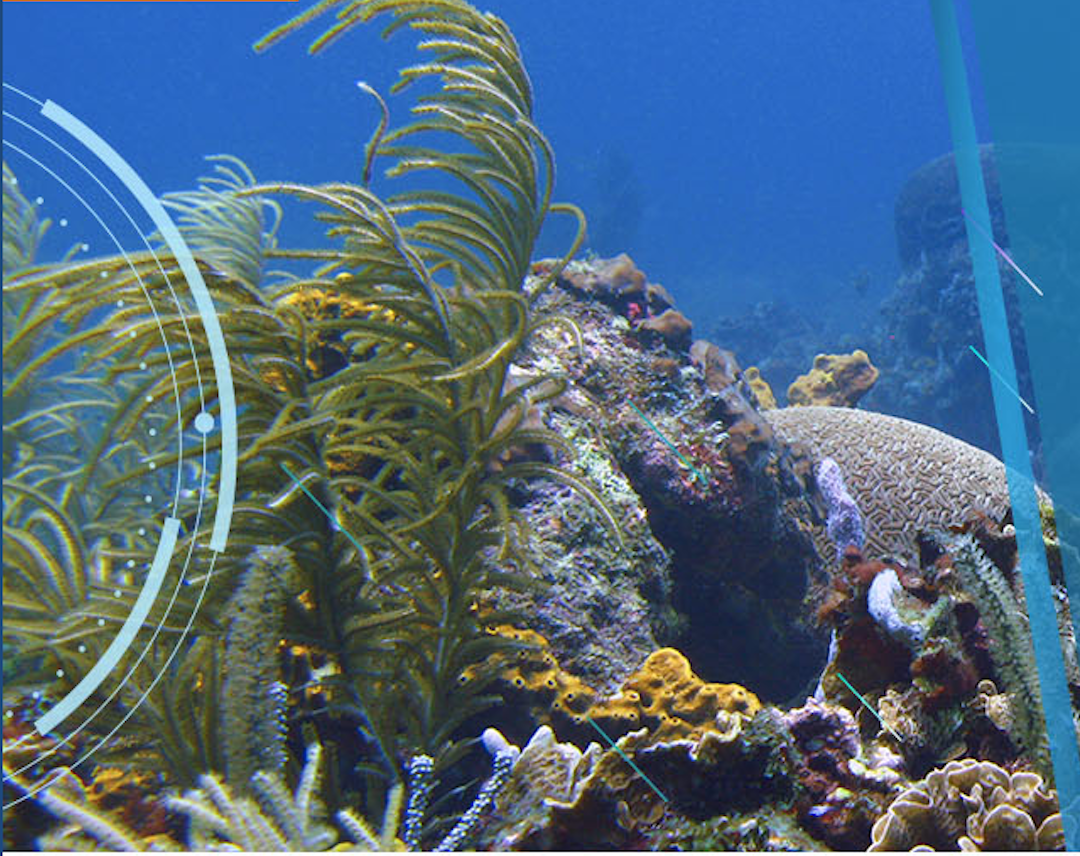
AMP2021ES
Áreas Marinas Protegidas 2021
El curso brinda un contexto sobre las Áreas Marinas Protegidas - AMP a
nivel global, su importancia, su situación para Latinoamérica y frente a
amenazas como el cambio climático, en el marco del CDB, los objetivos
de Desarrollo Sostenible 13 y 14 y el Decenio de las ciencias oceánicas.
Abarca los temas de bases conceptuales sobre áreas marinas protegidas,
planeación, manejo, gobernanza, monitoreo y desarrollo de estrategias
para el desarrollo de actividades sostenibles al interior de las AMP,
adaptación al cambio climático, entre otros. Busca también una
retroalimentación por parte de todos los estudiantes de acuerdo a sus
experiencias y entrenamiento adquirido en temas de conservación y
manejo, para promover el desarrollo de metodologías que orienten hacia
el manejo efectivo de las AMP.

MicTechPhyto_2021
Culturing and microscopy techniques for the analysis of phytoplankton diversity
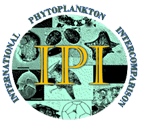
HAB IPI 2021
HAB International Phytoplankton Intercalibration
HAB International Phytoplankton Intercalibration (IPI) proficiency testing scheme for all relevant laboratories globally.

Marine HAB_2021
Identification of Marine Harmful Algal Bloom Species
SIRENA_EC_2020
Seaweed diversity: an Ecuadorian perspective (Tropical East Pacific)
This course offers an introduction to the diversity, taxonomy and biogeography of the seaweeds of the Tropical East Pacific (Ecuador), in the framework of the project Seaweed-based innovations for a resilient aquaculture and agriculture (SIRENA funded by VLIR-UOS).
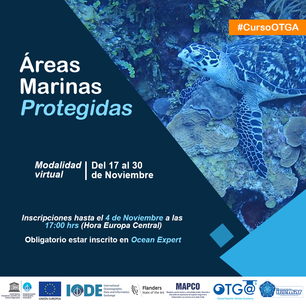
AMP2020CO
Áreas Marinas Protegidas 2020
El curso brinda un contexto sobre las Áreas Marinas Protegidas - AMP a nivel global, su importancia, su situación para Latinoamérica y frente a amenazas como el cambio climático, en el marco de las metas Aichi y los objetivos de Desarrollo Sostenible 13 y 14. Abarca los temas de bases conceptuales sobre áreas marinas protegidas, planeación, manejo, gobernanza, monitoreo y desarrollo de estrategias para el desarrollo de actividades sostenibles al interior de las AMP, adaptación al cambio climático, entre otros. Busca también una retroalimentación por parte de todos los estudiantes de acuerdo a sus experiencias y entrenamiento adquirido en temas de conservación y manejo, para promover el desarrollo de metodologías que orienten hacia el manejo efectivo de las AMP. Busca la apropiación y producción del conocimiento, así como el desarrollo de la capacidad crítica del estudiante orientada hacia el conocimiento sobre AMP que resuelva el tipo de preguntas porqué crear AMP? Cómo crearlas?, Cómo responder a metas nacionales e internacionales sobre AMP? factores de impacto y/o amenazas naturales y antrópicas y la efectiva gestión y adecuado manejo de las AMP.

